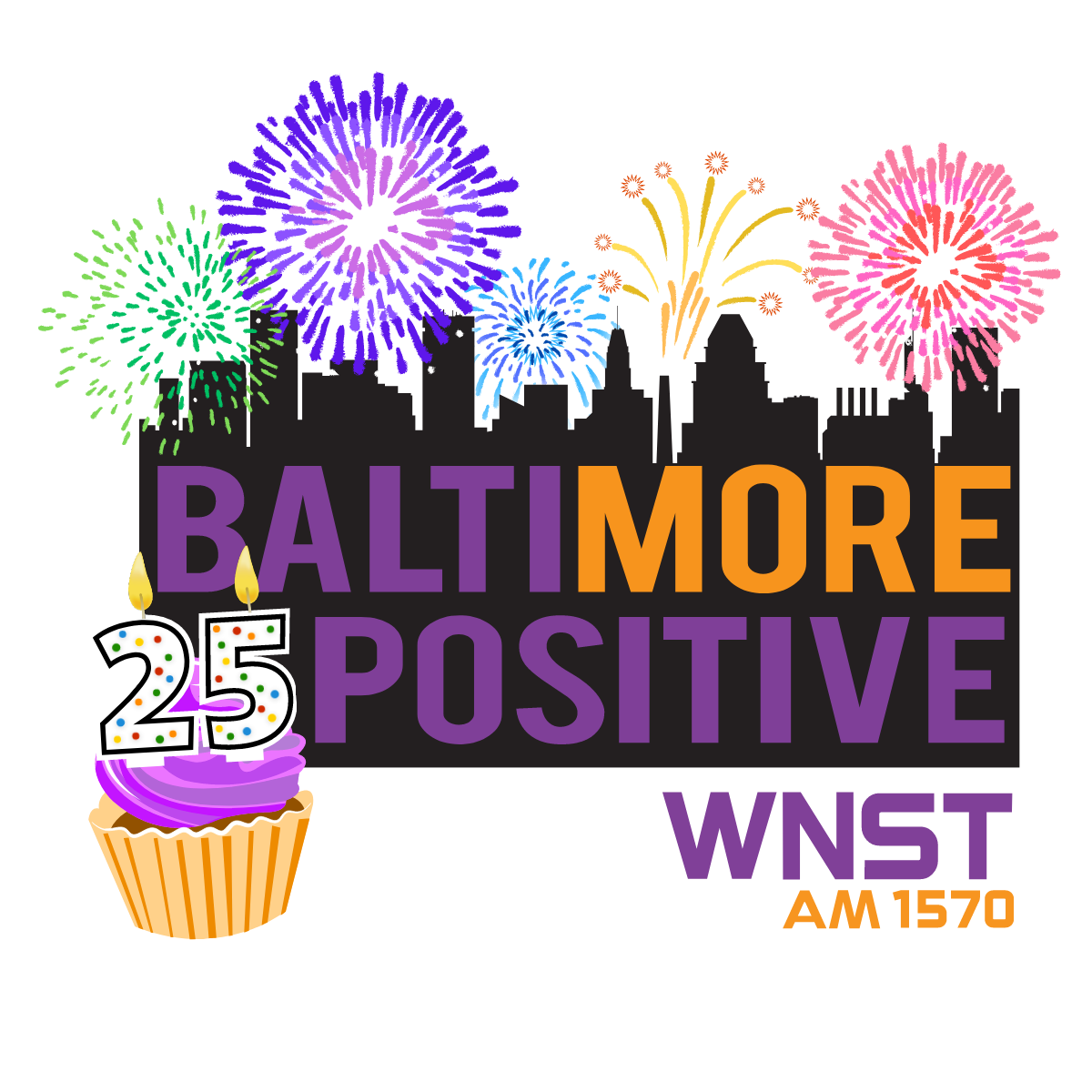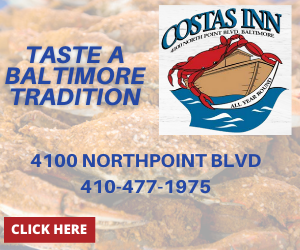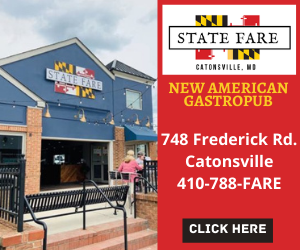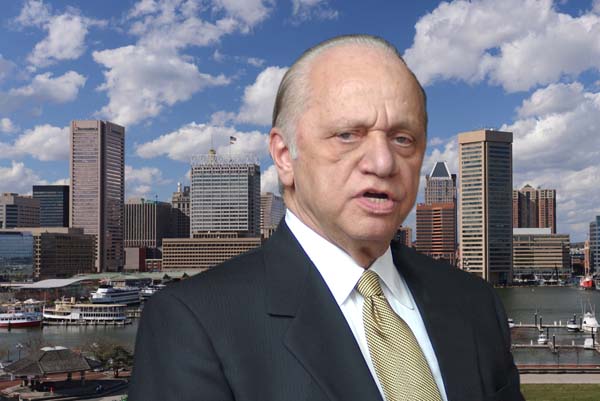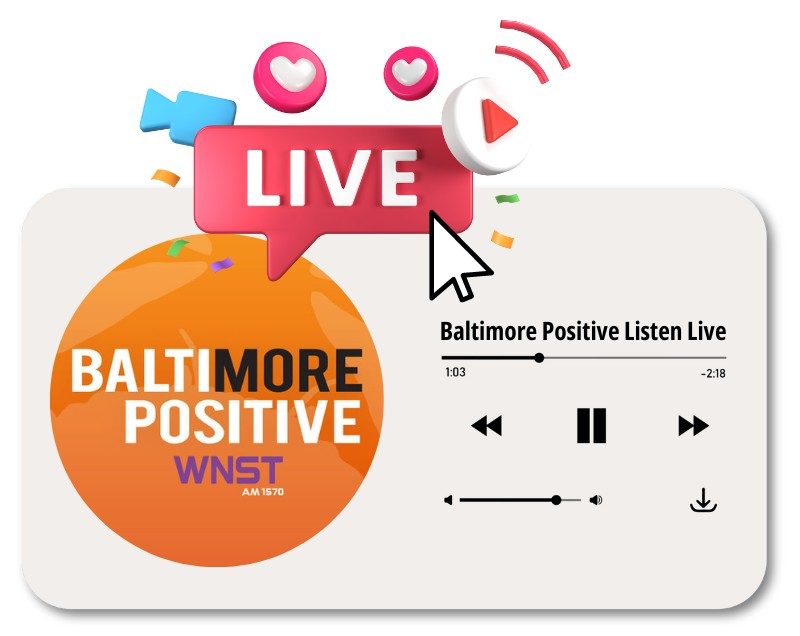“Those who complain don’t know the ins and outs of what’s going on. They have their own lives to lead, their own problems to deal with. And they are not going to become acquainted with what our economics are, and you can’t expect them to.”
Peter G. Angelos, May 2006
THE SINCERE HOPE OF PETER G. Angelos is that you’re too dumb to figure this stuff out and too bored to read all of this vital information about where the money comes from. Especially now that Chris Davis has signed a long-term contract, which isn’t a blip on the radar of the finances of the franchise when you do the real math, many fans somehow believe that it was an incredible stretch to find the money to pay him.
Here’s the truth: knowing the facts about how much money the MASN tree is printing for Angelos and his family certainly doesn’t reflect well upon his legacy or commitment to winning. Especially when you consider that the team has been an abject failure on the field in 18 of the 22 seasons under this ownership group.
I love how Chris Davis said “we want to continue a tradition of winning here in Baltimore.” Spoken like a babe in arms. It’s kinda nice that he thinks that but that’s far from the truth. The Orioles haven’t “won” anything under the reign of Peter G. Angelos.
But Mr. Angelos has made a LOT of money – and after he lost a LOT of money.
But to understand the money – and where it came from and where it’s going – is to understand the Orioles’ offseason budgeting and what they’re trying to do on the field. From Chris Davis to Matt Wieters to Darren O’Day, it’s the money that funds the players.
As Buck Showalter said at the winter meetings on December 8th from Nashville on MLB Network TV: “We have plenty of money.”
Today, we’ll examine the history of Major League Baseball and the Baltimore Orioles ownership group and the birth of MASN and the Washington Nationals and how this nuclear war for the biggest pile of television money in local sports history began.
In the Fall of 2004, Peter G. Angelos, as usual, was preparing for war – this time with his partners over the concept of baseball in the nation’s capital. Realizing that commissioner Bud Selig and the owners of the 29 other MLB teams, who collectively had purchased the Montreal Expos, were hell bent on moving that franchise to Washington, D.C., John Angelos issued an internal memo cutting all expenses.
Of course, some saw this as a sign that he was about to sell the Orioles to local money manager Chip Mason.
“The mere issuance of a memorandum suggesting potential savings in a greater degree in efficiency of operations does not suggest that the enterprise being reviewed is for sale,” Angelos told The Baltimore Sun. “To suggest otherwise is absurd and clearly erroneous.”
The team had just invested $121.5 million into contracts for Miguel Tejada, Javy Lopez, Rafael Palmeiro and Sidney Ponson. “The millions recently spent on player acquisitions hardly suggest we’re on a cost-cutting crusade,” Angelos told the local newspaper. “On the contrary, we are moving forward aggressively to produce a very competitive and winning team for our fans both this year and in the years ahead.”
At this point, Angelos was very quietly hemorrhaging money by the tens of millions. In the early days, he bragged about the Orioles making money to The Baltimore Sun.
Seven years earlier, Angelos sat with me at The Barn in March 1997 on WLG-AM 1360 and went through a lengthy diatribe about how baseball could never work with two teams – one in Baltimore and one in Washington, D.C. (and at that point Northern Virginia seemed a far more likely destination). But he also told me that the Orioles lost $4 million the previous year – and that’s when they were selling 3.6 million tickets and winning.
Feel free to listen to that conversation here:
This Chapter 3 of my MASN Money For Dummies series will be brief because I’ve already written this part of the Angelos journey as Chapter 12 of The Peter Principles, a book I’ve been writing about the ownership of Peter G. Angelos.
I would cut and paste it here, but just click here and continue reading the history of how this MASN money gravy train began with the poor negotiation tactics of Bud Selig to deal with the likes of Peter Angelos. It’s now 12 years later and nothing is really solved except that the money is flowing in by the tens of millions every month via your cable television bill and MLB and the Nationals, along with owner Ted Lerner, haven’t figured out a way to extract their “fair share.”
In 1994, Angelos said about Selig during the MLB owners dispute with the Major League Baseball Players Association: “He is a very successful automobile dealer. What makes him think he has the abilities to do what he is trying to do here is beyond my comprehension!”
Angelos infuriated every partner in Major League Baseball in 1994. In 2002, he came back to save the day as a lead negotiator – and olive branch Democrat who curried favor with the Players’ Association – for Selig and his MLB partners. But at every turn he made it very clear that any notion of a team anywhere near Washington or Northern Virginia would never be acceptable under any condition.
Angelos lobbied many times and in many ways to keep baseball out of Washington, D.C. long before 2004.
“It isn’t that we would deny the people that live in those areas the recreational pursuit of baseball. We think baseball is a great game for everybody. But when we look at the experience of Boston, Philadelphia, Oakland, San Francisco – Boston and Philadelphia and St. Louis had two ballclubs. The history of baseball dictates that you can’t put two teams that close together. We are opposing that. We think Orioles baseball is plenty good enough for us as well as the people in the Washington suburbs and we thank them for that support and we want to retain that support.”
At the 2004 All Star Game in Houston, it appeared that Bud Selig was still unsure of the future of the Expos.
“I will not do anything to make Peter Angelos unhappy,” Selig told The New York Times.
It’s interesting to do the research and see the local media’s role in garnering the Washington Nationals for the nation’s capital. The Washington Post played as big of a role in the franchise and ballpark as it …
